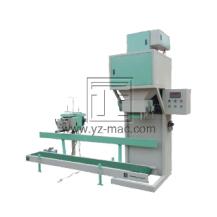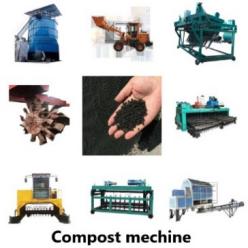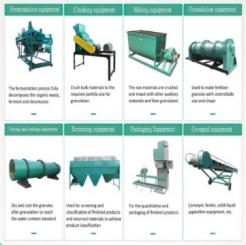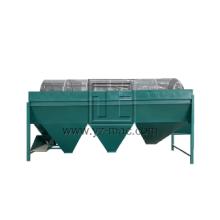Composting large scale
Composting on a large scale is an effective approach to manage organic waste and contribute to sustainable waste management practices. It involves the controlled decomposition of organic materials on a larger volume to produce nutrient-rich compost.
Windrow Composting:
Windrow composting is a widely used method for large-scale composting. It involves forming long, narrow piles or windrows of organic waste materials, such as yard trimmings, food waste, and agricultural residues. The windrows are periodically turned to provide aeration and optimize the composting process. This method is commonly employed in municipal composting facilities, commercial composting sites, and agricultural operations.
Applications:
Municipal solid waste composting: Windrow composting is used by municipalities to process organic waste from households, businesses, and public areas.
Farm and agricultural waste management: Large-scale farms utilize windrow composting to manage crop residues, livestock manure, and other agricultural by-products.
In-Vessel Composting:
In-vessel composting involves using enclosed containers or vessels to compost organic waste materials. This method offers greater control over temperature, moisture, and aeration, allowing for faster and more efficient composting. In-vessel composting is suitable for high-density urban areas or locations with stricter regulatory requirements.
Applications:
Food waste management: In-vessel composting is widely used in restaurants, food processing facilities, and commercial kitchens to manage large volumes of food waste.
Green waste management: Municipalities and landscaping companies utilize in-vessel composting to process green waste from parks, gardens, and public spaces.
Aerated Static Pile Composting:
Aerated static pile composting involves creating compost piles that are aerated using forced air or natural ventilation. The piles are built on a permeable surface to facilitate air movement and drainage. This method is efficient for large-scale composting and offers improved odor control.
Applications:
Covered Aerated Static Pile Composting:
Covered aerated static pile composting is similar to aerated static pile composting, but with the addition of a cover or biofilter system. The cover helps retain heat and moisture while preventing odors and minimizing potential environmental impacts. This method is particularly suitable for composting facilities located in urban or sensitive areas.
Applications:
Conclusion:
Large-scale composting methods, such as windrow composting, in-vessel composting, aerated static pile composting, and covered aerated static pile composting, offer effective solutions for managing organic waste on a larger volume. These methods find applications in municipal waste management, agriculture, food processing, landscaping, and other sectors. By implementing large-scale composting practices, we can divert organic waste from landfills, reduce greenhouse gas emissions, and produce valuable compost that improves soil health and supports sustainable agriculture and landscaping practices.






